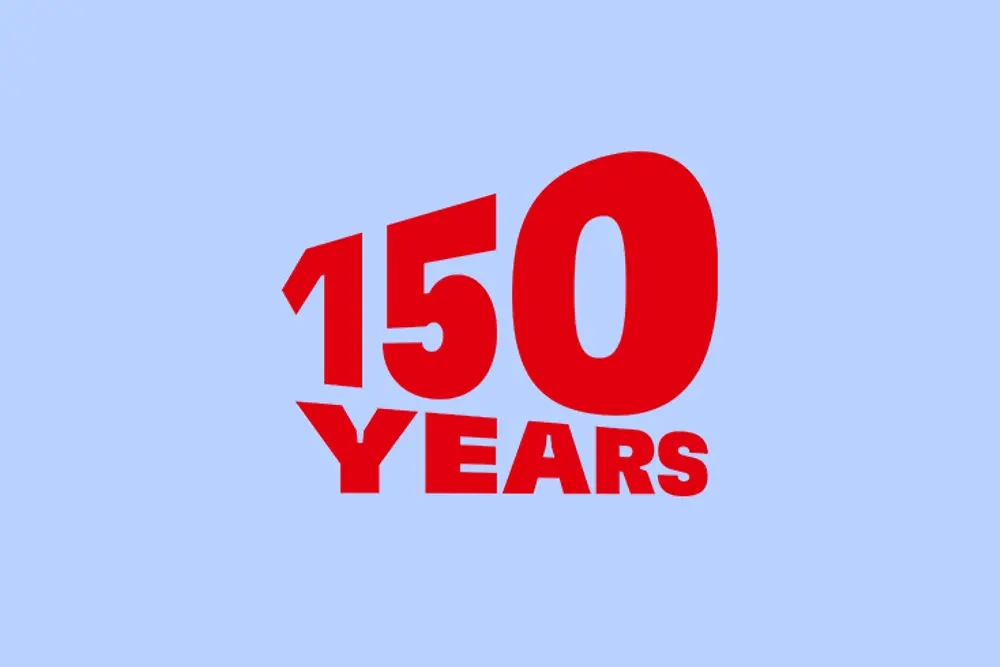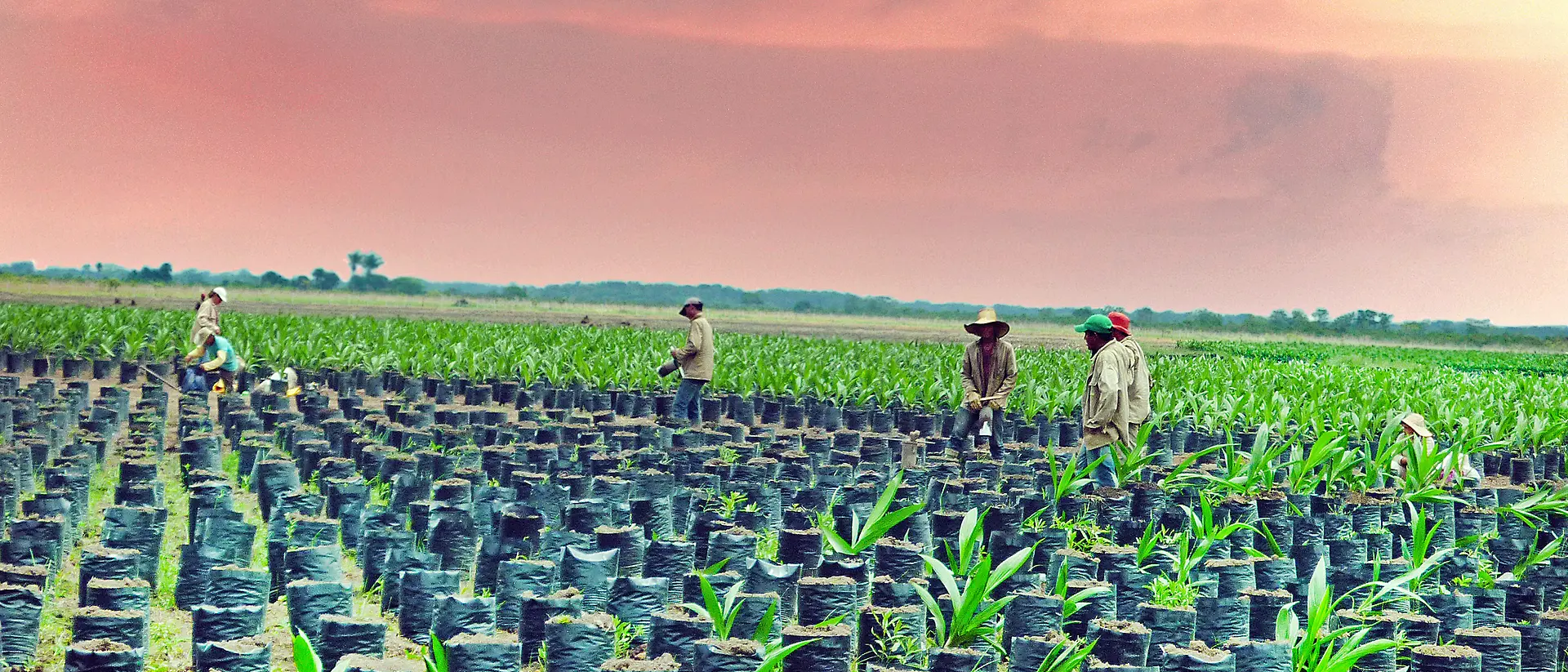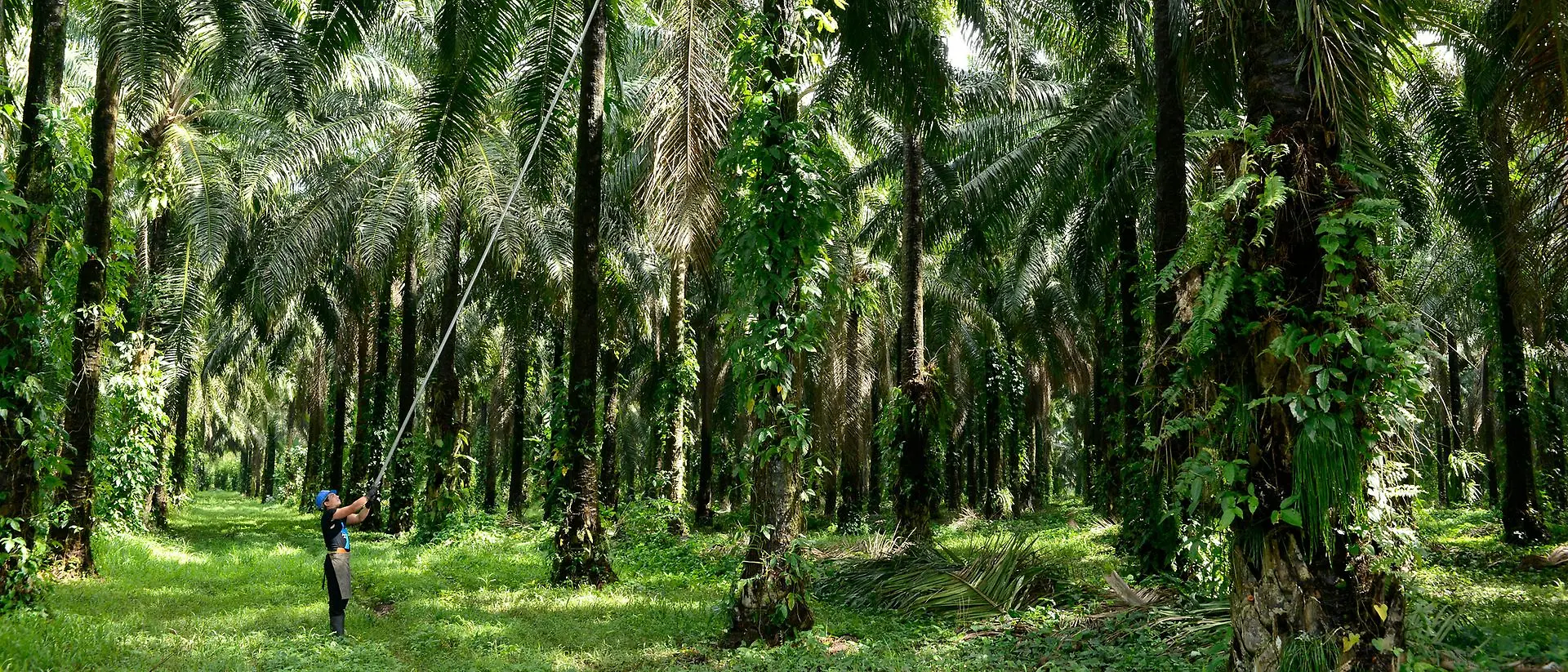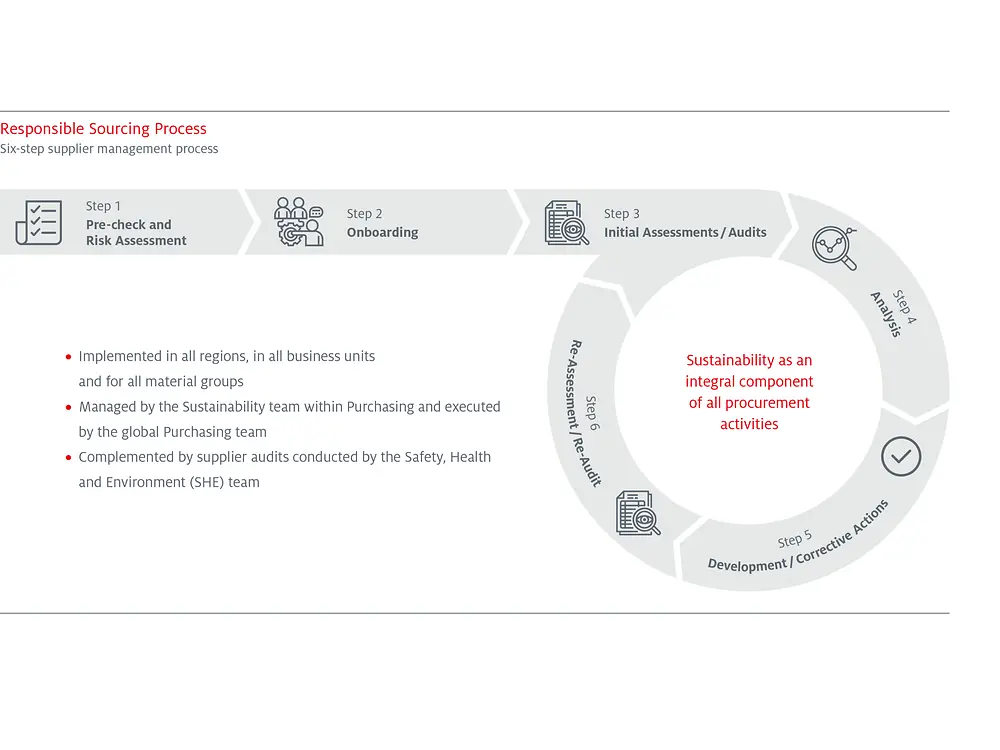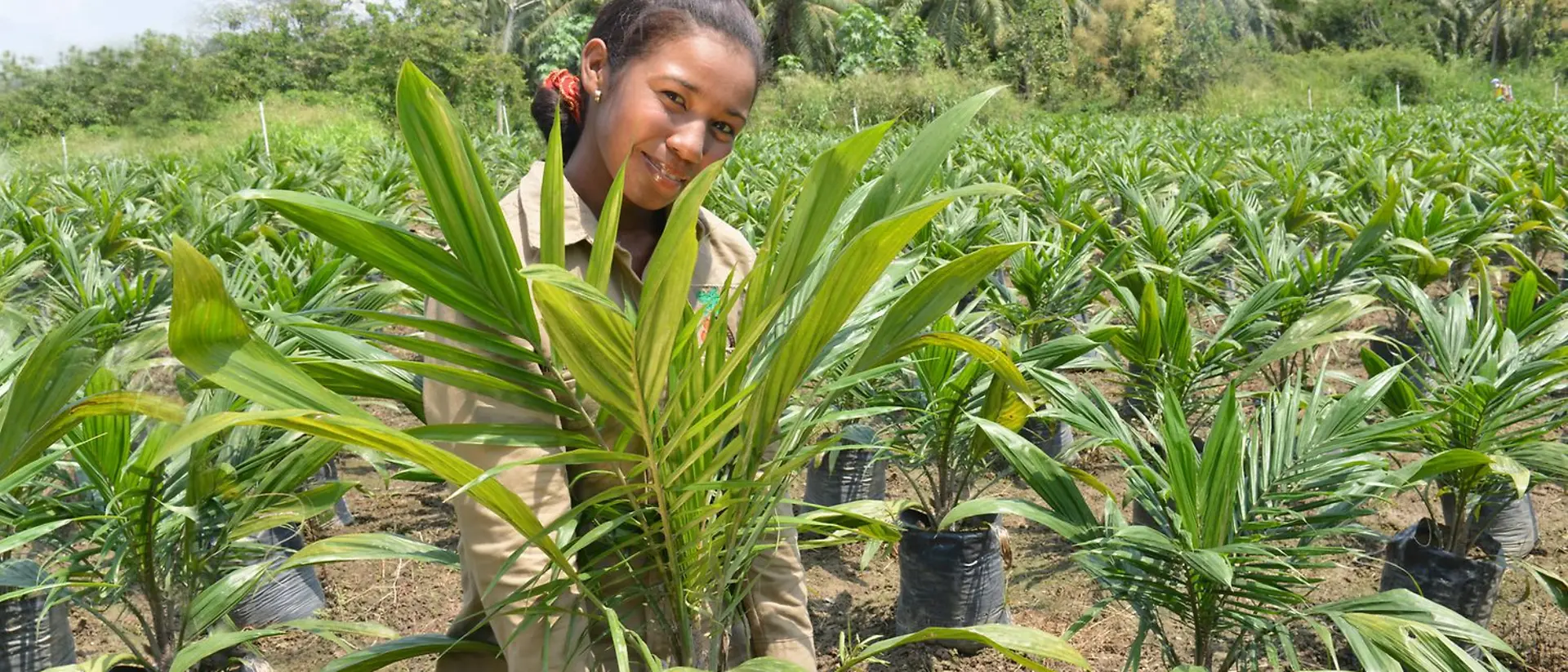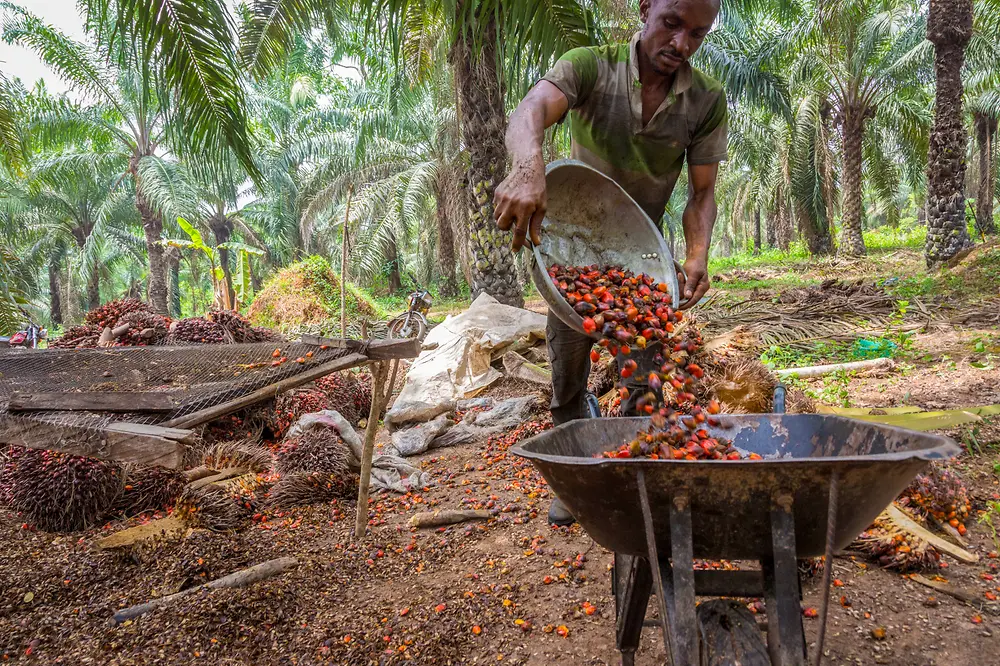In 2011, Henkel and five other companies in the chemical industry co-founded the initiative “Together for Sustainability – Chemical Supply Chains for a Better World” (TfS). It is based on the principles of the United Nations Global Compact and the Responsible Care Initiative of the International Council of Chemical Associations (ICCA). TfS aims to harmonize increasingly complex supply chain management processes with regard to sustainability and to optimize dialog among worldwide business partners. Above all, synergies are to be created so that resources can be used more efficiently and with a minimum of administrative effort, not only among the member companies but also with all of our shared suppliers.
At the heart of the audits and online assessments of the TfS initiative is the core idea: “An audit for one is an audit for all!”. Suppliers then only have to undergo one assessment or one audit. The audits are carried out by a number of selected, independent audit companies. For the online assessments, TfS works with EcoVadis, a sustainability performance assessment specialist. Performance is assessed in the areas of management, environment, health and safety, labor and human rights, and issues of ethical corporate governance. In 2024, TfS had a pool of around 20,600 active TfS assessments and audits. In the same year, around 3,200 Henkel suppliers underwent a TfS assessment or audit. As a number of TfS members are also direct suppliers of Henkel, and these suppliers also assess and audit their suppliers, we achieve a more in-depth approach (tier n) to sustainability practices along the value chain.
One significant milestone in the history of the TfS initiative was the release of the Scope 3 Product Carbon Footprint (PCF) Guideline for the Chemical Industry in 2022. TfS members have worked with global NGOs, corporate sustainability experts, chemical industry experts, and organizations such as the World Economic Forum (WEF) and the World Business Council for Sustainable Development (WBCSD) to ensure compatibility of the TfS PCF Guidelines with global best practices for emissions accounting. Henkel was represented by experts in the PCF working groups. The recently updated guideline consolidates existing PCF calculation approaches with regard to the specifics of the chemical industry and enables business and industrial customers as well as consumers to establish direct comparability and an assessment of the climate impact of chemical products in the future. In 2024, the TfS initiative officially launched the PCF Exchange – a standardized data platform enabling suppliers and companies to generate and securely exchange carbon data from across their supply chains.
Another core element of the TfS initiative is the TfS Academy – a tailored learning and skill-building platform that is designed to provide member companies and their suppliers with continuing education on key sustainability topics in the supply chain. The courses cover topics including health and safety, the environment, sustainable procurement, labor and human rights, management and governance, as well as information about TfS itself. The learning content is all linked to corrective actions resulting from TfS audits and assessments. This provides suppliers who have been evaluated with a range of concrete learning opportunities that are directly related to the results of the audit, and which support them in their continuous improvement efforts. By the end of 2024, more than 280 learners at Henkel were enrolled in 790 courses at the TfS Academy.





